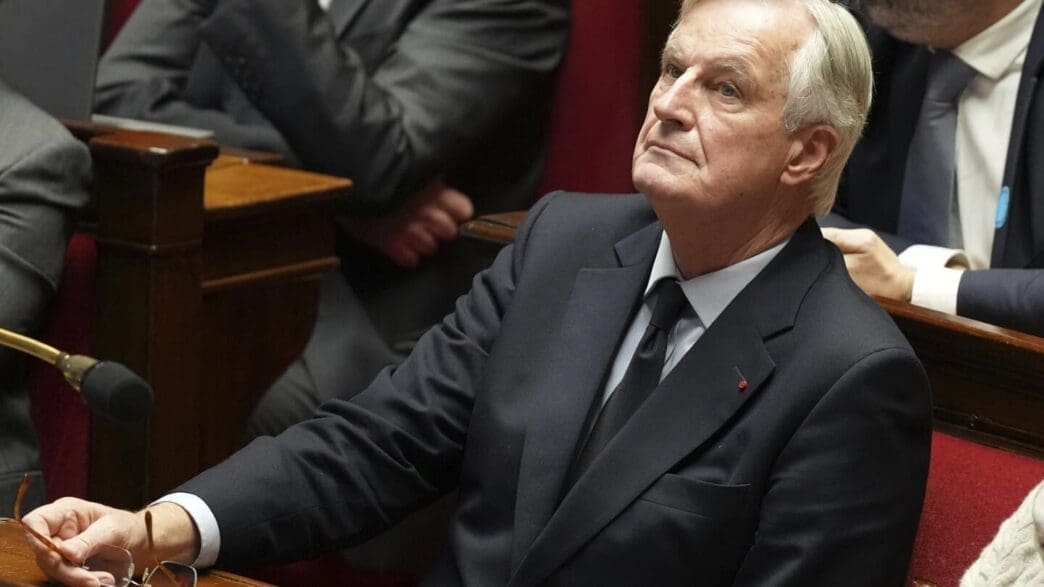France’s government faces a crucial no-confidence vote expected to significantly impact its political landscape. Prime Minister Michel Barnier’s minority government could see its tenure end abruptly as opposition lawmakers prepare for a decisive parliamentary showdown. The vote, scheduled amidst a contentious budget debate, could lead to unprecedented instability in modern French history.
French Prime Minister Michel Barnier is at the center of a storm as his government teeters on the brink of collapse. On Monday, he attended a tense debate session at the National Assembly where lawmakers discussed the impending no-confidence vote against his cabinet. This critical vote is scheduled for Wednesday, following intense divisions over budgetary matters.
The political fray sees opposition coming from the left-wing New Popular Front and the far-right National Rally, both intent on toppling Barnier’s administration. The situation stems from an austerity budget that has sparked criticism for its lack of dialogue and perceived disregard for parliamentary participation.
Marine Le Pen, a significant figure in the far-right National Rally, confirmed her party’s intent to vote against the government, accusing Barnier of neglecting her faction’s demands. The opposition’s combined strength poses a formidable challenge, as they tally over 330 lawmakers in the 574-seat National Assembly, surpassing the 288 votes needed to pass the no-confidence motion. However, the outcome remains uncertain as abstentions could play a crucial role.
Should Barnier’s government fall, it would signal the shortest-lived administration in France’s contemporary era, pushing President Emmanuel Macron to appoint a new prime minister. The parliamentary divisions would persist, as new legislative elections cannot be conducted until after July, complicating the political landscape further.
In the absence of an outright parliamentary majority, Macron had previously appointed Barnier, leaning on a coalition of Republicans, centrists, and implicit support from the far-right to stabilize governance. However, the current political turmoil reveals the fragility of such arrangements, with calls for a left-wing cabinet from the New Popular Front.
The broader implications of a governmental collapse are significant. France’s financial markets brace for volatility, and the European Union pressures the country to address its burgeoning debt, projected to reach 6% of GDP this year, with potential increases next year if substantial budgetary adjustments are not implemented.
Meanwhile, should the government vote fail and Macron must configure an interim administration, there is a looming risk of economic repercussions. Interest rates may rise, exacerbating the national debt crisis, and without cohesive governance, major reforms are unlikely to advance.
Despite these tensions, France avoids direct consequences akin to a U.S. government shutdown. An outgoing government retains the ability to maintain essential functions, including the implementation of existing tax structures and continued funding for civil services and pensions. However, a delay in tax reforms and potential spending freezes, including a proposed 3.3 billion euro military package, poses additional challenges.
As France stands on the precipice of political upheaval, the results of the imminent no-confidence vote hold critical implications for the nation’s future governance. Prime Minister Barnier’s administration is at risk, and with it, the stability of President Macron’s broader political strategy. The forthcoming days will be pivotal in shaping France’s path amidst this turbulent chapter.
Source: Apnews








